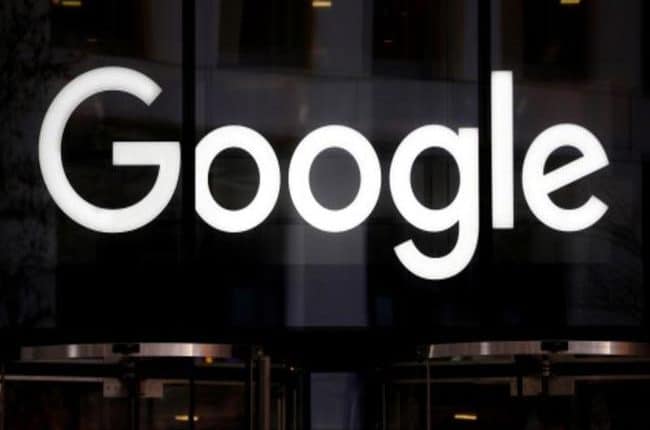As Russia’s invasion of Ukraine prolongs, more and more tech companies are turning their backs on the former, with a pile of sanctions. This has been evident as firms are either halting services or products, sales and shipments, or other measures. Russia has responded in kind as well – it froze the sale of rocket engines to the US and asked them to fly on broomsticks to space. And that is exactly what the US did.
Google has been among the several companies that have stood in solidarity against the invasion of Ukraine and taken steps to do so. The latest one is the suspension of all of its payment-based services in Russia.
This is not limited to just Google but YouTube as well, as both are suspending the monetization features for their search and video-sharing platforms, respectively. YouTube confirmed the same in a statement, clarifying that this includes YouTube Premium, Channel Memberships, Merchandise, and Super Chat for users in Russia.
This comes soon after Google and YouTube, along with Twitter and Snap, had stopped selling online advertising in the country. Google has also taken further steps such as removing state-funding Russian news outlets such as RT from its news-related features, and disabled live and traffic data from its Maps in Ukraine.
This current development means that users in Russia will be unable to make in-app purchases (which are rather popular) or purchase new apps or games.
Additionally, they will be unable to renew (or subscribe to new) subscriptions. For YouTube channels in Russia, they will still be able to generate revenue from users outside of Russia, something which will be possible through paid features and advertisements. Additionally, free apps will remain available in the country.
In a FAQ, Google said that at the end of a billing cycle, existing subscriptions of users from sanctioned areas will be canceled. Sanctioned areas include Crimea, the Donetsk People’s Republic (GNR), and the Luhansk People’s Republic (LNR). The company said that it was committed to “complying with all applicable sanctions and trade compliance laws and we continue to monitor the latest guidance.”
The Tech Portal is published by Blue Box Media Private Limited. Our investors have no influence over our reporting. Read our full Ownership and Funding Disclosure →






